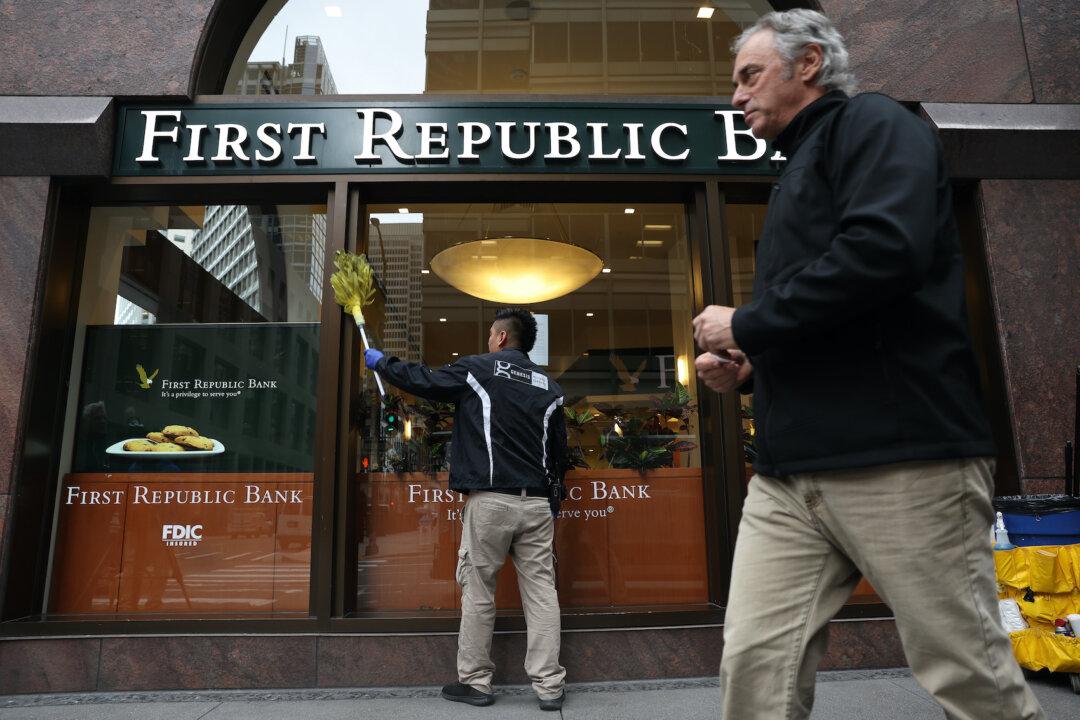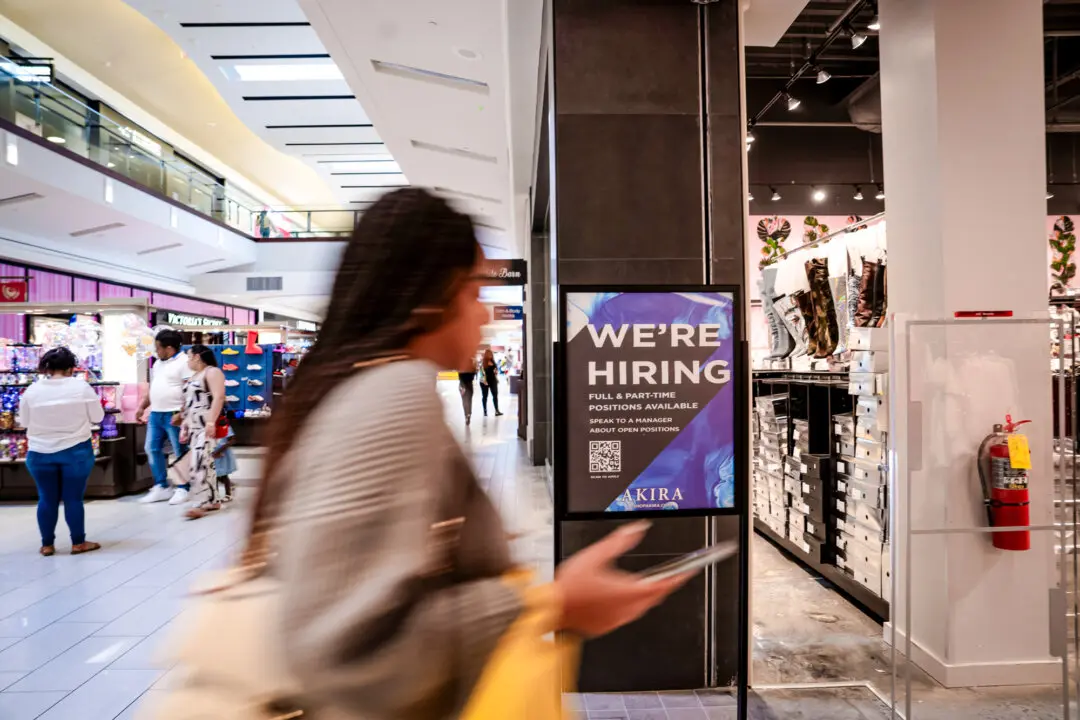U.S. bankers are urging federal regulators to investigate the short-selling of financial institutions as regional banks get clobbered in the stock market.
The American Bankers Association (ABA) asked the Securities and Exchange Commission (SEC), in a May 4 letter to Chair Gary Gensler, to probe the substantial short sales of bank stocks that the lobbying group says were “disconnected from the underlying financial realities.”





